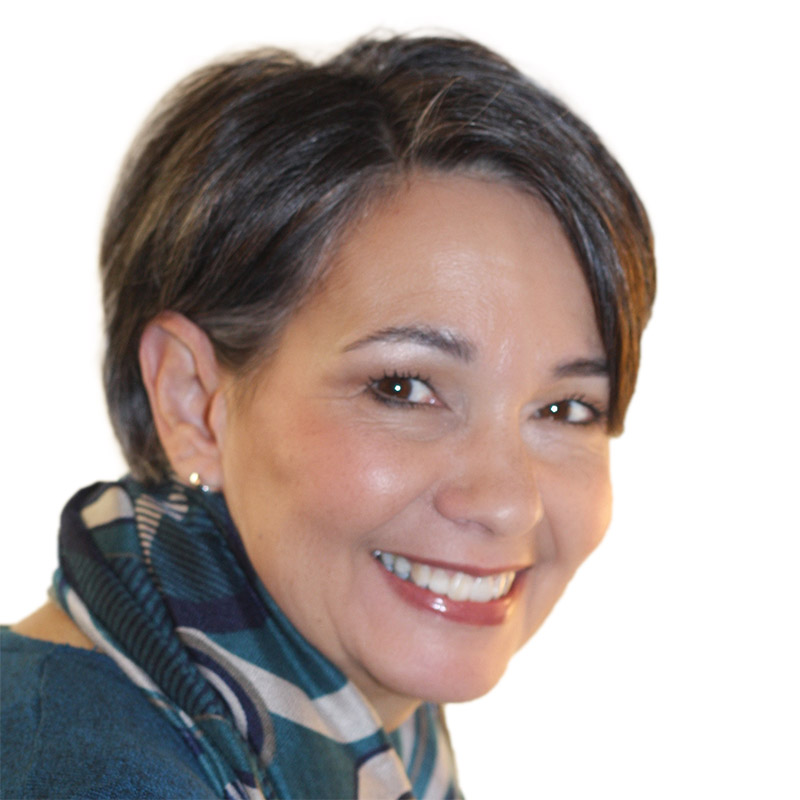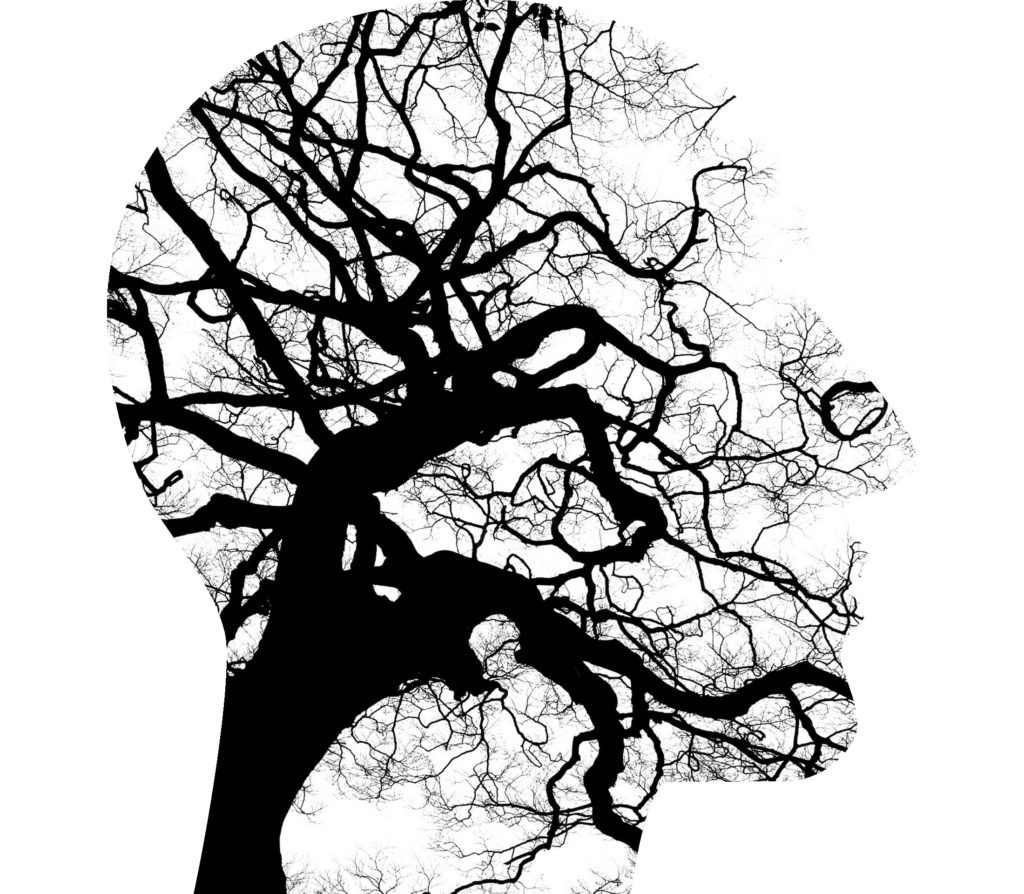
With extensive experience and expertise as a Speech Language Therapist in a few different countries, my main interests are with neurogenic, acquired speech and/or language difficulties due to stroke, Parkinson’s Disease, Cerebral Palsy, and traumatic brain injury (TBI).
I can do assessments and treatment plans of communication and swallowing difficulties that are client centred according to their goals. Should a report be needed, please don’t hesitate to ask.
To me it is important to understand the expectations of my clients and their family alike, as I usually exceed their expectations, as I try to think out of the box, while staying within best practice parameters.

This is a progressive degenerative condition where automatic movements are disrupted. This may cause soft speech that sounds “flat” or monotone, lacking inflection that indicates emotion. It also affects chewing, swallowing, walking and swinging arms when walking.
However, by using an evidence-based program to teach speaking with intent, which bypasses the damaged system, speech can become intelligible again.
Using weak jaw, lip and tongue muscles to chew and swallow food/ drink may become quite tricky. This may result in dribbling, coughing or choking when eating or drinking. In worst case scenarios, aspiration pneumonia can result and urgent hospitalisation is needed. Lungs don’t deal well with food or drink.
It is a communication disorder which is common after stroke or brain surgery. It may affect only a small part of language, or any combination of difficulties with understanding language and expressing language in written and/or spoken form.
People with aphasia may continue to improve in speech therapy more than 6 months after stroke. Once home from hospital and starting to settle back into life, you may want to communicate better. You should do something about it! You can contact The-Speech-Therapist.com to discuss your goals.
This is a disorder that is acquired in adults by a stroke or Traumatic Brain Injury (TBI) and affects the rhythm/fluency of speech during which the person knows exactly what he wants to say, but is unable to because of an involuntary prolongation, cessation or repetition of a sound. It may co-occur with other speech and/or language difficulties caused by the neurological condition, as opposed to psychogenic stuttering or voice disorder.
After a stroke or other incident in the brain, speech may be difficult. Apraxia is specific to planning how speech is produced. An example may be: “ephelant” instead of “elephant”. In severe cases no speech utterance is possible. It is possible to learn how to use speech again.
When muscle weakness occurs after a brain incident, speech sounds typically slurred and soft. When this is the case, it often co-occurs with dysphagia.
Due to impact in the brain, a baby may be born with varied forms of Cerebral Palsy: spastic (stiff muscles); Dyskinetic (with involuntary movements); Ataxic (poor coordination, balance and movements) and Mixed presentation. As a result, eating, drinking and speech are affected in different levels of efficiency. Therapy may take a long time to see change in muscle strength, however, assistive devices can be used to use for communication purposes.
In New Zealand a company called TalkLink can assist with the assessment of suitable devices that may be used with a person with communication difficulties that cannot be rehabilitated. In this case devices are used to communicate with, i.e.
Hearing soft sounds is not a problem, but making sense or processing the sound once you hear it, is where the problem lies – how the brain recognises and interprets speech e.g.
My Audiology training comes in handy to help.
A cognitive-communication impairment is caused by an underlying cognitive deficit. Cognition mainly refers to things like memory, speech, and the ability to learn new information. A variety of important cognitive processes including memory, attention, organization, problem solving/reasoning, and executive functions can be dealt with by a Speech-Language Therapist.
This is an annoying condition where you have that “tip of the tongue” experience, but the words continually escape you. It is common in aphasia, but also appears in a number of degenerative conditions.